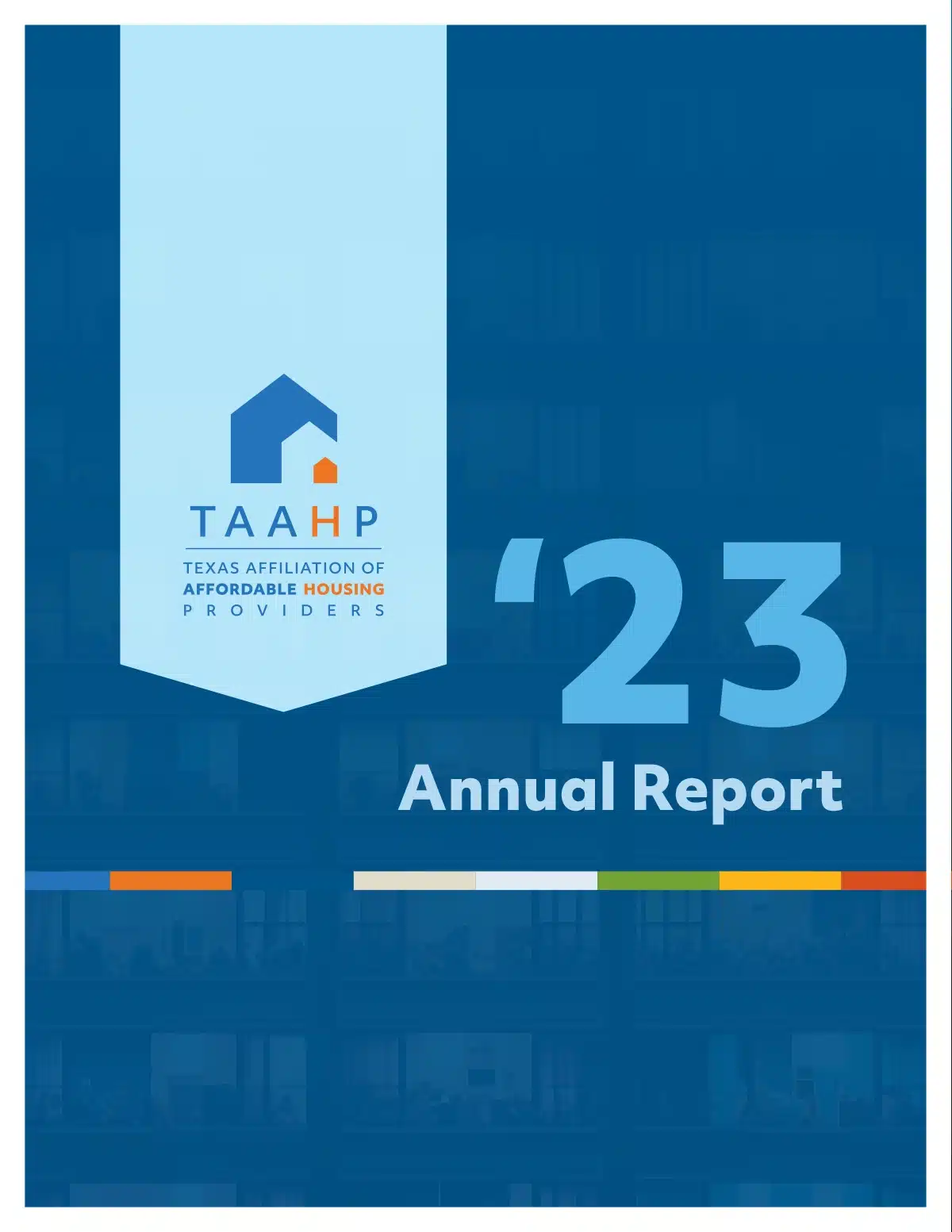School districts in Austin, Dallas, Houston and San Antonio struggle every year to hire enough qualified teachers.
But the fresh graduates most eager to teach in big city schools face a huge problem once they are hired on — none of them can afford to buy a home in those cities.
That’s just one of the results from the National Housing Conference’s annual Paycheck to Paycheck report, which this year focuses on school employees. The report highlights some of the real consequences of Texas’ growing affordable housing crisis.
“Living near work cuts down on a household’s economic costs, like transportation, as well as personal costs, such as emotional and physical stress,” the report states. “Workers are forced to make tradeoffs when housing is not available near work. Cheaper housing that is farther away from work means longer commutes that eat up time and money … Living closer to work, in more expensive housing, means less of a household’s wages are going to things like food and healthcare.”
The study considered housing costs affordable if they did not exceed 30 percent of a household’s income. Buying a home was considered affordable if the mortgage payment (30-year fixed-rate mortgage with a 10 percent down payment) did not exceed 28 percent of a worker’s income.
Unfortunately, no affordable housing was built in any of the state’s biggest cities last year through the state’s most effective housing program, the Housing Tax Credit Program, which is overseen by the Texas Department of Housing and Community Affairs.
“Our teachers should be a part of the communities in which they work,” said Frank Jackson, executive director of the Texas Affiliation of Affordable Housing Providers. “Removing burdensome bureaucratic regulations from the state’s Housing Tax Credit Program, such as requiring letters of support from politicians and local governments, would encourage private developers to build more quality affordable housing where it is needed most.”

